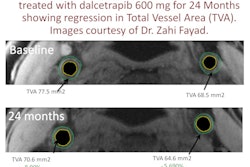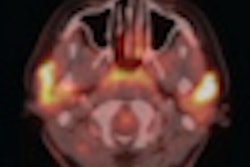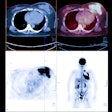The U.S. Food and Drug Administration (FDA) has issued a warning letter to Columbia University Medical Center in New York City for allegedly failing to comply with FDA regulations on the use of radioactive drugs for human research.
The agency concluded that Columbia's Radioactive Drug Research Committee (RDRC) did not ensure the necessary conditions for radioactive drugs to be considered safe and effective, nor did the RDRC ensure the quality of radioactive drugs.
In the September 20 letter, the RDRC was cited for failing to protect the safety and welfare of human subjects, including a "potentially vulnerable subject population" of patients with psychiatric disorders, because the RDRC did not ensure the proper conditions for radioactive research drugs to be considered safe and effective.
After an inspection in May, Columbia responded to the FDA in June, promising "significant changes to the operations of the RDRC" and that written standard operating procedures were being developed as a result of the FDA inspection.
The FDA, however, said the response was "inadequate" because the RDRC did not include copies of its new standard operating procedures or indicate when the corrective actions would be completed.
As a result, the FDA said it could not evaluate Columbia's proposed corrective and preventive action to prevent similar violations in the future
This is not the first time Columbia has run afoul of the FDA. In April 2010, the agency's Center for Drug Evaluation and Research informed the medical center that all investigational new drugs using PET radiopharmaceuticals manufactured at the university's Kreitchman PET Center were to be placed on clinical hold. The moratorium included all RDRC-approved studies that employed the use of a PET radioactive drug produced by Kreitchman PET Center.




















